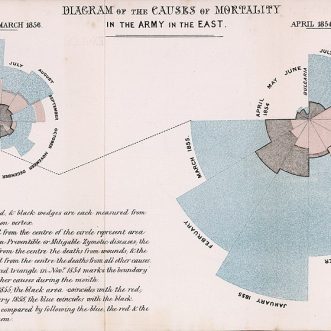September 27, 2022
Not many people know this.
I’m an anarchist.
I believe in autonomy and self-determination. I don’t believe that anyone has the right to tell anyone else what to do – except in rare cases where doing so might save a person’s life.
I also believe in collaboration and co-operation – the getting together of autonomous individuals to achieve something much bigger than themselves.
To co-operate successfully, participants need to know what they have to do. They need to know when it has to be done. But that knowledge doesn’t have to come from someone telling them as they go. It can come from a shared ‘document’ everyone can access, whenever they need to.
That’s why I like the idea of a business as an orchestra.
Often, when people think of an orchestra, they focus on the conductor. But the conductor isn’t there to tell players what to do, they’re there to help them keep time, and to provide hints to aid this particular interpretation. It’s up to each player to choose how to get the right sound out of their instrument at the right time. What has to happen, when, is recorded by the composer in a score.
The conductor is a role, like a cellist or percussionist, not a position in a hierarchy. In fact it’s perfectly possible to run a succesful orchestra without a conductor – you simply get people to take turns.
What really pulls an orchestra together is the score – a map of the sound experience to be created for an audience.
The person behind the score is the composer. They’re the one whose legacy lasts longest, and scales furthest.
So if you’re an employer, and like me, you have a problem with being told what to do, consider rethinking your role.
How could you make yourself a conductor rather than a boss?
Or even better, how could you make yourself a composer?
Hint: talk to me about becoming a Disappearing Boss.









